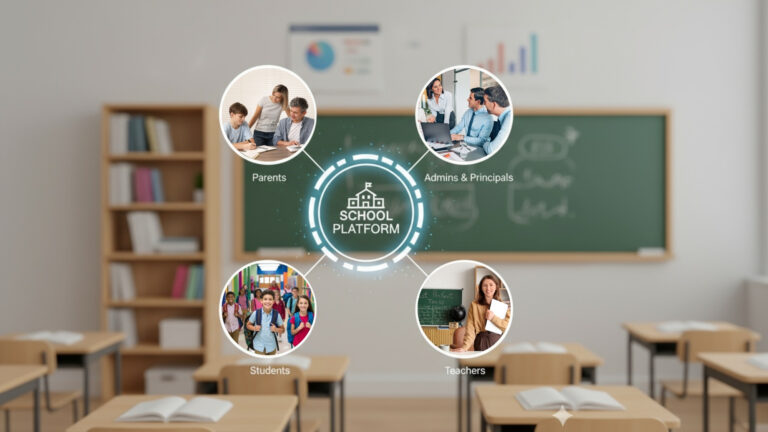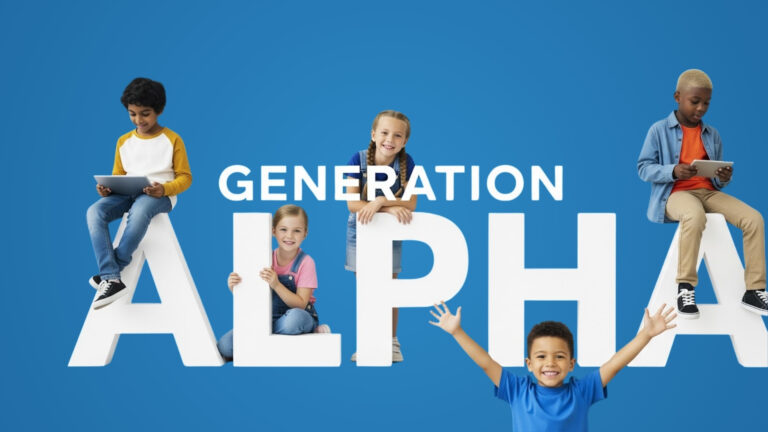While technology has once and for all revolutionized most industries — from air travel, to finance, to health care — it has yet to also transform education. Schools have tended to shift their focus towards a more digitized education due to the disruptions caused by COVID-19. But, in a Post-Pandemic world, it has become crucial to challenge the status quo as school digitization is becoming the new ‘Norm’.
During the pandemic, educators showed tremendous capacity for change and innovation. To cope with the major hazards COVID-19 has caused to educational systems, learners and educators needed to resort to implementing an LMS, and getting familiar with an LMS was the first hurdle to cross, and both learners and educators have been doing a great job since then, but they definitely have been facing some challenges.
1. User Onboarding Process
Getting started with an LMS is quite a hurdle to overcome. Users onboarding represents a major challenge to educators who technology is not really their cup of tea. It is essential, therefore, to consider the different needs and roles of each user which might spring up some problems if you don’t address them properly. But how? Pick a vendor that offers onboarding for your students and educators, so there is no need to worry. They will get it done for you in no time.
2. IT Resources and Management
Managing an LMS internally is very demanding for an in-house IT team. LMSs require broad knowledge and pose specific demands that an IT department is often not familiar with.
To avoid such a nuisance, choose a vendor that offers full IT support which includes, but not limited to, hosting, training, etc as they can definitely address your requests without compromising the efficiency of the LMS.
3. Content Creation and Publishing
Though most LMSs offer content creation and publishing tools, they are quite limited when it comes to either formats or even the space of the uploaded learning material. It is worth noting that compelling learning material definitely helps learners discover a limitless world of learning. Thus, an effective LMS allows educators to use and share whatever learning material they prefer, from links to videos and even games.
4. Measuring and Reporting Progress
What is a good LMS for if it does not provide accurate data and insights that educators can turn actionable? New-age LMSs have features that allow educators to track every single action each user takes when using the system. From attendance to quizzes and grading, there is plenty of valuable data available to administrators, teachers, and even, sometimes, parents. The challenge might lie in the analysis and interpretation of that data to produce error-free reports, but an efficient LMS makes it easier by presenting data in graphs or charts. Schools can make informed decisions based on that data, helping students focus on their strengths and improve their weaknesses.
5. Customization
Every school has different needs, and hence different roles, which might be challenging if the LMS is not original or flexible to provide customizable structure, so a one-size-fits-all approach is not going to work here. With some flexibility, administrators and teachers not only can tailor users’ roles and authorities, but they can also tailor the whole learner experience to fit learners’ needs.
6. User Experience
Though new-age LMSs are as easy to use as other well-known websites and apps, some users might still need some support and training to get the best out of an LMS which can make the experience of using an LMS frustrating. It is even more challenging when it comes to users who are not that familiar with LMSs, yet leading vendors provide training on how to smoothly use the features of an LMS, and they also provide dedicated experts to be on hand to resolve complex issues, leading to a trouble-free user experience.
7. Data Privacy
If it is a self-hosted LMS, there is not much to worry about, but it is quite expensive to host an LMS, so many educational institutions prefer to use a cloud-based LMS. To safeguard the privacy of users’ data, security processes must be set and the organization must be educated on these processes. Leading LMSs are end-to-end encrypted which means that though your vendor hosts your school’s data, they cannot really access your data.
Wrap-up
Let’s face it. LMSs do pose some challenges before both learners and educators, but the benefits of implementing an LMS surely outweigh the challenges. The only thing that matters is to make sure to choose the right vendor that always guides you throughout the whole journey.
Get on your way to a perfect, hassle-free learning experience with the right LMS for your school.
Book your free demo with Skoolix, and get to understand its features and benefits through a free trial.





